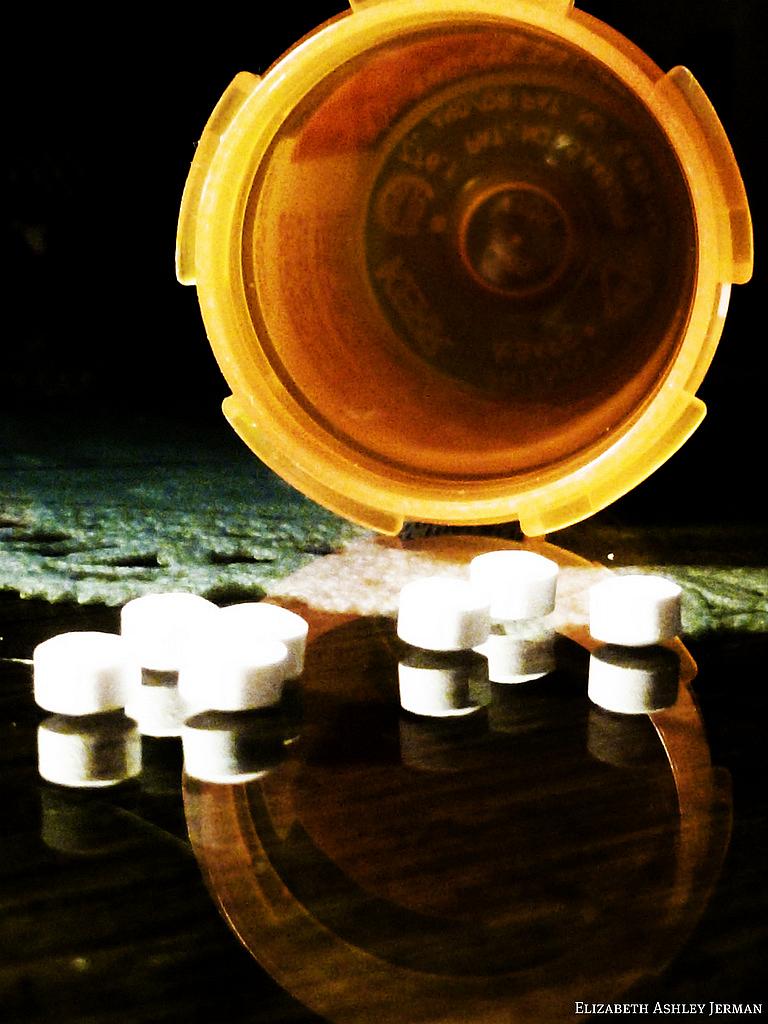What Are the True Addiction Risks of Pain Medicine?
Image

Published on
October 29, 2013
Related Stories:
Busting Pain Medicine Myths with Andrew Kolodny
Taking a Public Health Approach to Pain Treatment (Andrew Kolodny interview Part 2)
Going Beyond Victims and Pushers for Pain Stories
Understanding Addiction Through Science — and Personal Experience
Photo by Elizabeth Ashley Jerman
